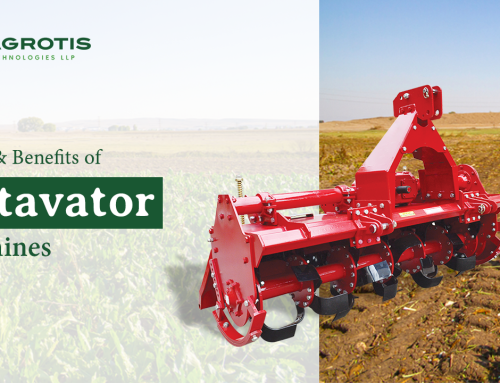Soil is the foundation of life on earth. It provides nutrients and water that plants need to grow. It plays an important role in storing carbon and filtering water. Healthy soil is essential for a healthy planet, but it is damaged by a variety of factors, including climate change, deforestation, and industrial agriculture.
What is soil health?
Soil health is a measure of the soil’s ability to function as a living system. It is determined by a variety of factors, including the presence of organic matter, the diversity of soil organisms, and the structure of the soil. Soil health is important for water quality, as healthy soil can absorb and filter water, reducing the risk of erosion. Healthy soil is able to..
- Provide nutrients and water for plants.
- Filter the water and prevent pollution
- Store carbon
- Resist erosion
Why is soil health important?
Healthy soil is necessary for growing crops. Soil provides the nutrients and water that plants need to grow, and healthy soil can support a diverse range of crops. Also, soil health is crucial for maintaining a healthy environment. Soil health is important for a number of reasons, including:
- Food production: Healthy soil is essential for growing healthy food. Crops that are grown in healthy soil are more resistant to pests and diseases, and they also contain more nutrients.
- Water quality: Healthy soil can help filter water and prevent pollution. When soil is healthy, it can absorb rainwater and prevent it from running off into streams and rivers. This helps to reduce flooding and pollution.
- Climate change: Healthy soil can help reduce climate change by storing carbon. Soil can hold more carbon than all of the world’s forests combined.
- Long-term sustainability: Maintaining soil health is vital for the long-term sustainability of agricultural systems. Degraded soils lead to decreased productivity, increased input requirements (fertilizers, water, etc.), and higher vulnerability to pests and diseases. Investing in soil health through sustainable practices like crop rotation, cover cropping, conservation tillage, and organic farming helps preserve soil fertility, minimize environmental impacts, and ensure the long-term viability of agricultural activities.
Soil health is incredibly important. It plays a critical role in supporting food production and water filtration. Healthy soil is the foundation of a sustainable future. By taking action to improve soil health, we can ensure that our planet stays healthy & greener for future generations.






Leave A Comment